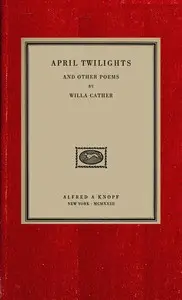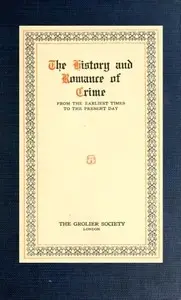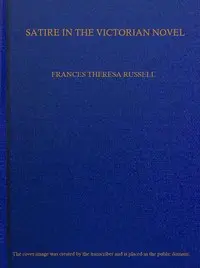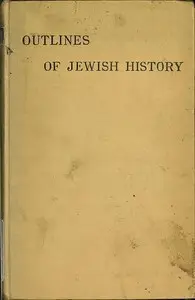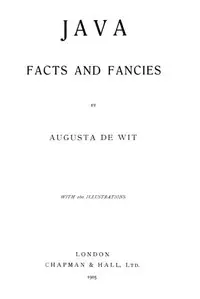"1914" by Field-Marshal Viscount French of Ypres is a historical account written in the early 20th century. The book provides an in-depth analysis of the early phases of World War I, particularly focusing on the British Expeditionary Force and its operations in France and Belgium. The narrative explores the strategic sessions, military strategies, and personal reflections of the author as he prepares his troops for war. The opening of "1914" sets the stage for the unfolding historical drama by detailing the author's perspectives leading up to the war. French recounts his experiences on the Committee of Imperial Defence, the political atmosphere preceding the conflict, and his appointment to lead the British forces as they mobilize for battle. He discusses the tense moments of early August 1914, including interactions with military leaders and key figures, and his reflections on the potential for war, as well as his plans for the British Army in conjunction with the French military. Overall, the beginning illustrates a keen awareness of the gravity of the impending conflict and the steps taken to prepare for it. (This is an automatically generated summary.)

1914
By John Denton Pinkstone French
"1914" by Field-Marshal Viscount French of Ypres is a historical account written in the early 20th century. The book provides an in-depth analysis of ...
Field Marshal John Denton Pinkstone French, 1st Earl of Ypres,, known as Sir John French from 1901 to 1916, and as The Viscount French between 1916 and 1922, was a senior British Army officer. Born in Kent, he saw brief service as a midshipman in the Royal Navy, before becoming a cavalry officer. He achieved rapid promotion and distinguished himself on the Gordon Relief Expedition. He became a national hero during the Second Boer War. He commanded I Corps at Aldershot, then served as Inspector-General of the Army, before becoming Chief of the Imperial General Staff in 1912. He helped to prepare the British Army for a possible European war, and was among those who insisted that cavalry still be trained to charge with sabre and lance. During the Curragh incident he had to resign as CIGS after promising Hubert Gough in writing that the Army would not be used to coerce Ulster Protestants into a Home Rule Ireland.




